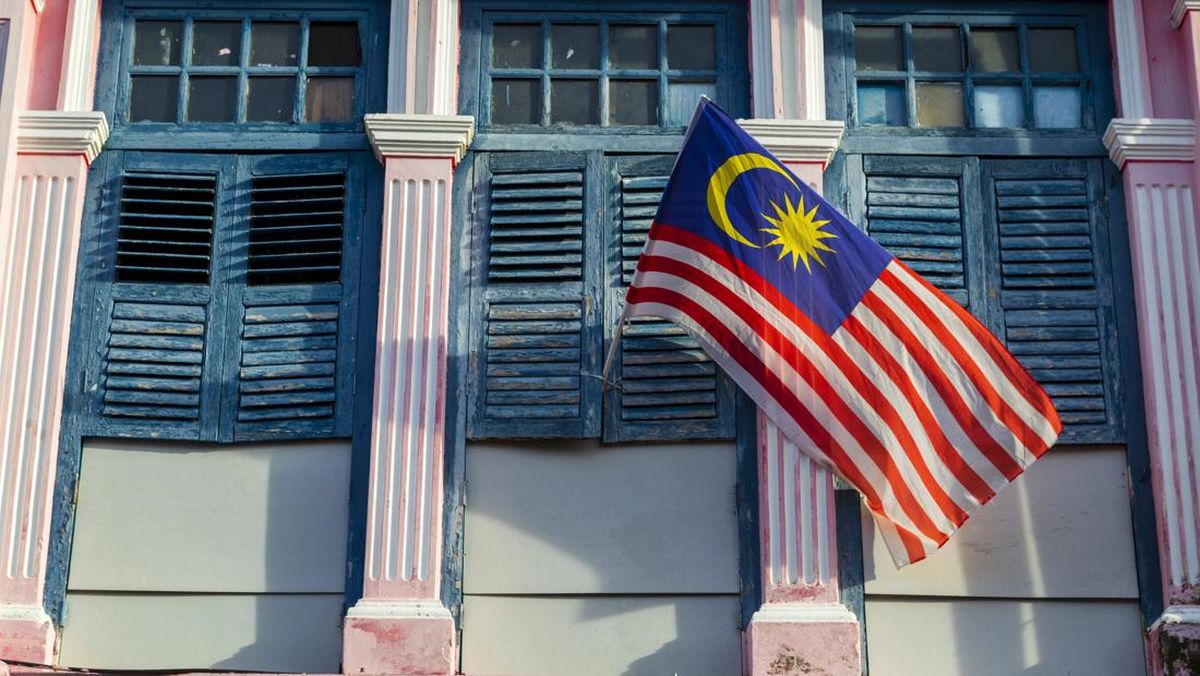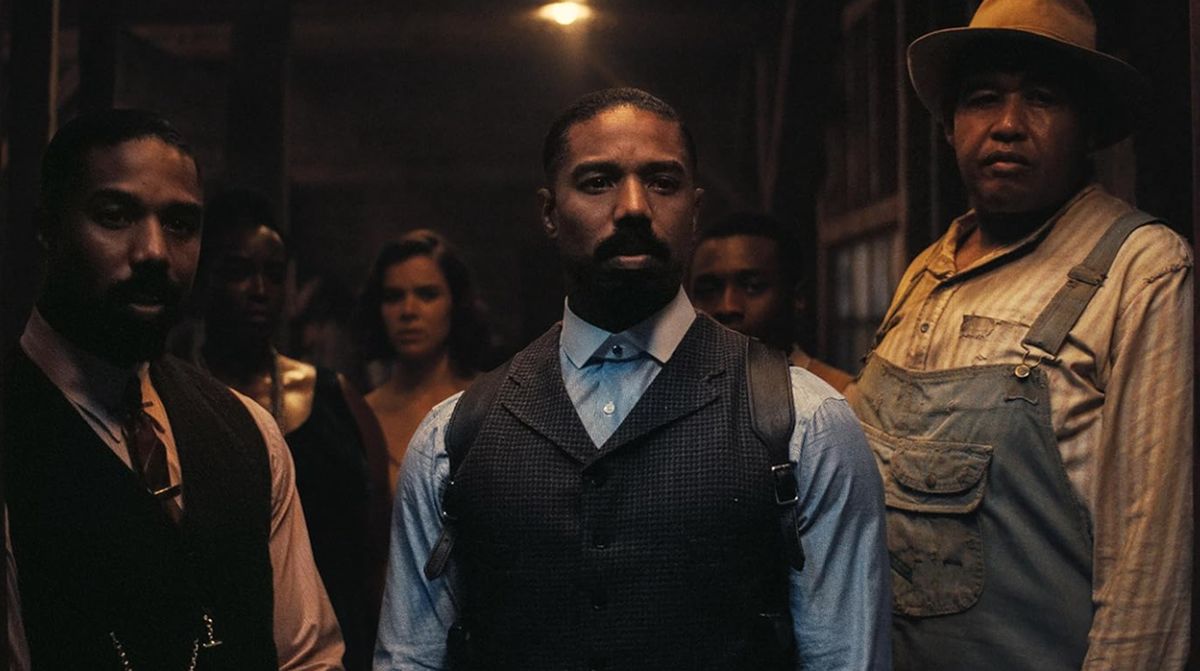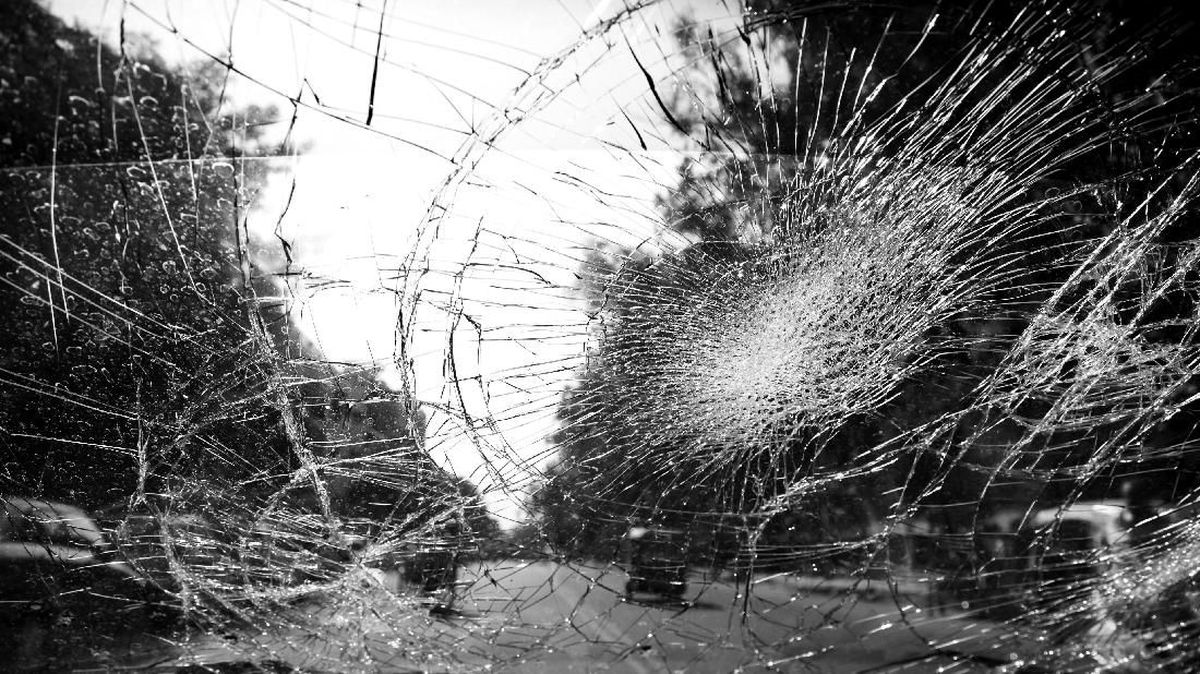Opinion
September 21, 2025 — 5.00am
September 21, 2025 — 5.00am
The Australian National University had announced plans to cease publication of the third edition of the Australian National Dictionary to save money. Only to attract an anonymous donor at five minutes to midnight on Thursday, which will give it two more years of funding. I spoke to Professor Kate Burridge, a linguistics expert from Monash University; she remains a critic of ANU for not fully backing it in the first place and still fears for its future.
Fitz: Professor, let’s take it from the top. What is the background to the Australian National Dictionary (AND) and why is it so important for us as a nation?

The first Australian National Dictionary was published in 1988. Credit: Getty Images
KB: Well, it is modelled on the Oxford English Dictionary and is much more than just a dictionary – it tracks words and meanings over time, those that are distinctively Australian. The idea that became the OED was conceived in 1857, with the full first edition completed in 1928. Around half a century later, work was begun on an Australian version, with the first edition published in 1988, The Australian National Dictionary: A Dictionary of Australianisms on Historical Principles.
Fitz: So part of the idea is to have a standardised version of our everyday language, and put it in historical context so it is documented where and when words and phrases were first used?
KB: Not quite, the AND is not a general-purpose dictionary of all words, but a record of words that reflect Australian history, culture and identity. A great work like this publication was a real turning point in the history of Australian English. It marked when we could say the language stopped being just a kind of “English spoken in Australia” and became “Australian English” – we no longer had to ask Britain who we were when it came to language.

Professor Kate Burridge: “Our words are windows into the way Australians have lived, worked and thought.”Credit: Chris Hopkins
Fitz: You bloody beauty. How far the language has come, thus, from the colonial days when it was derided by – and I choose my own words carefully – toffee-nosed Pommy dickheads, as “the base language of English thieves” and “crude, misshapen and careless”.
KB: Yes, our language is a source of pride and affection, and we celebrate the expressions that embody our distinct voice. Documenting their evolution, and putting those words into historical context by publishing that dictionary is doing exactly what the Australian National University (ANU) is funded for and should be supporting – part of its founding charter is to engage in nation-building exercises and to strengthen Australia’s shared identity. The second edition came out in 2016 and the third edition is due soon.
Fitz: Some will say, though, “What do I care about these university wankers carrying on? Why is this important?” What is your answer?
KB: Language is important. Our words are windows into the way Australians have lived, worked and thought. Every major variety of English deserves a record of its own. For us, that’s the AND, and to lose that record would be to lose part of ourselves. The value of tracking changes in Australian English over time is enormous, of historic importance, and beloved by the wider public who adore words. The AND is more than an academic resource – its insights inform media, education and everyday life. You need it for government style manuals, for historians, for researchers, and linguists. And you know, before every November when the AND announce its word of the year – “strollout”, “democracy sausage”, “teal” – there’s great excitement, trumpet blasts and fanfare. Words are the rock stars of linguistics. They’re important, and they say a lot about our identity.
Loading
Fitz: An identity that, as previous editions prove, is nothing if not colourful?
KB: Yes, what’s also interesting about this dictionary is that right from the start, it never branded words in the same way that other dictionaries do, giving them labels like “colloquial”, “vulgar”, “informal” because the editors have always maintained that this kind of sensitive handling is “over-restrictive” for Australian English – a deep love affair with vernacular language has meant the lines between informal and formal have always been very fuzzy in Australia.
Fitz: Interestingly, there is a fraternity between dictionaries, and the Oxford English Dictionary people have themselves put money towards the AND?
KB: Yes, the centre works closely with Oxford University Press to produce many Oxford dictionaries, including The Australian Oxford Dictionary and The Australian Concise Oxford Dictionary. And not only that, the OED draws on the AND for Australian vocabulary and Australianisms. Contributions include pretty boisterous slang, too, like no wuckers and no wucking furries.
‘To lose that record would be to lose part of ourselves.’
Fitz: I confess a little shock. So “no wucking furries”, which turns into something much more vulgar if you swap the first letters of the second and third words, is correct English, or at least recognised as a phrase in wide use, including in Britain?
KB: Yes. And that’s how it is these days. “Slanguage” is breaking into dictionaries faster than ever before. As I said, Australia was always very fond of the vernacular – and the “in” crowd is now catching up with us!
Fitz: As a matter of interest, despite you being from Melbourne, do you understand quintessentially Sydney phrases like, “he shot through like a Bondi tram”, or, “she’s got more front than the Hordern Pavilion”?
KB: Of course, and with a lot of these expressions, it is a bit like pouring new wine into old bottles. There’s a framework, and we just update it with new idiom, and that evolution is all recorded in the AND. I love the way we reinvent slang. So the “fair go” of the 1800s becomes the “fair crack of the whip”, becomes the “fair suck of the sauce bottle,” or, if you want to be polite, the “fair shake of the sauce bottle”, or the “fair suck of the Siberian sandshoe”, or “fair bite of the pineapple doughnut”, or even the “fair suck of the raw prawn” (a gorgeous turn of phrase that conflates two Australian English expressions).
Fitz: In a piece you co-authored in The Conversation, you quote linguist Sidney J. Baker saying that the pages of the AND sing with the words and phrases of “boundary riders, larrikins, sundowners, fizgigs, diggers and other dinkum Aussies”. Is that right?
KB: Yes, and you have to imagine all that went into that giant melting pot in those early days to forge the new colonial vernacular. Into the mix were words from Indigenous languages. So, “hard yakka”, for example, derives from a word used by the Yagara people of southern Queensland, “yaga”, for hard work or labour. That was added to the slang and colloquial language of whalers, sailors, jackaroos, gold diggers and, obviously, a big dollop of convict slang also went in there. And a lot of those convict slang words still exist.
Fitz: Which ones, particularly?
KB: Well, there’s grub “food”, stink “uproar”, croak “die”. And “bloody” is another good example. See, “bloody” took on special significance in Australia because it was part of underworld slang, and it became known as the “great Australian adjective”. This would help explain its downfall. You see, it wasn’t considered an obscenity in early times. It was just an adjective from the word “blood” (as in bloody murder). But its colourful associations of bloodshed and murder made it a very suitable intensifying word, and it then fell from grace because people considered it to be blasphemous language or profane.
Fitz: And yet, sadly, I would argue that its usage has now fallen away from wide use as a favoured adjective as, at least in the vulgar circles I move in, it’s been replaced by variations of the word “f---”. I’d also argue that the fact I even feel comfortable saying that word out loud to an eminent professor – and I don’t think I would have done that 20 years ago – is either an indication of indeed my own baseness or that “f---” is in such common use, it has lost all power to shock?
Loading
KB: [Laughing] Oh, most certainly, and there are a number of things going on there. One is the fact that we are all more laid back, and colloquial language is making an appearance like it never has before. When Keith Allan and I started working in the 1990s on bad language, we had a lot of trouble getting our work published because journals and publishers didn’t want to offend. Now, there’s no problem – we can hear that word even when we turn on the television. It’s everywhere. Unedited, colloquial, scruffy language is going public, much more than ever before, and audiences are quite receptive.
Fitz: Therefore, Professor, will you join me in saying it out loud? Is it f---ing outrageous that Australian National University had suddenly pulled the pin on this third edition of the dictionary, only for a two-year reprieve at the last minute?
KB: Well, I think it is. We should all be grateful for the donor’s generous support. But temporary philanthropy is no substitute for the university’s responsibility to safeguard something of such significance. This is important work. The value of tracking changes in Australian English over time is enormous – to the public, to government style manuals, to historians and to other researchers (linguists like me). It’s a labour that secures for us not just the words of today, but the living story of Australian English itself. And the thing is what you’ve got to remember is the ANU gets a very large annual National Institutes Grant (to the tune of $220 million, I understand), precisely to look after national assets, and to protect things of special significance, like the AND which is nothing less than “a monument to our language”. The phrase “cultural vandalism” has been bandied about a lot lately to describe the ANU’s decision.
Fitz: So if it does fold, despite the generous donation to keep it alive for the moment, what happens to all the work that’s been done since the last edition nine years ago?
KB: It will be lost. And once it’s gone, we lose this living record of our national voice.

Say goodbye? What future is there for the Australian National Dictionary?Credit: Rohan Thomson
Fitz: That’s shocking. Is it a victim of what I call the “rising damp of Coca-Colanisation”, whereby, because so many Australians are immersed in Americana, the Americanisms are overflowing into ours and killing off a lot of our darlings, so there is no further need to go to such effort to record ours?
KB: Not at all. If anything, it is more a victim of the American-style managerialism which has taken over our universities – an approach to management that puts short-term cost-efficiency over enduring scholarly value. I imagine the Australian National Dictionary Centre would be regarded as “low-hanging fruit”.
Fitz: Should it be time for Australia’s most magnificent educational institution, the University of Sydney, to step in and do the right thing and take it over? I could lobby my cobbers who run the show to step in and save it?
KB: If they did, it would bring an incredible amount of kudos to the university, to save a remarkable piece of work – a true national treasure like this. So go for it!
Fitz: No wucking furries. On it, boss.
The Opinion newsletter is a weekly wrap of views that will challenge, champion and inform your own. Sign up here.
Most Viewed in National
Loading

















































